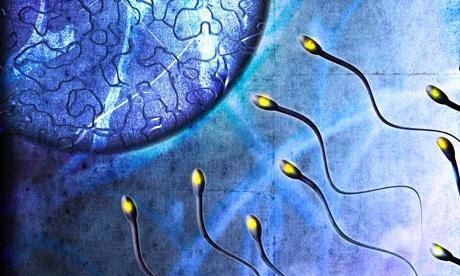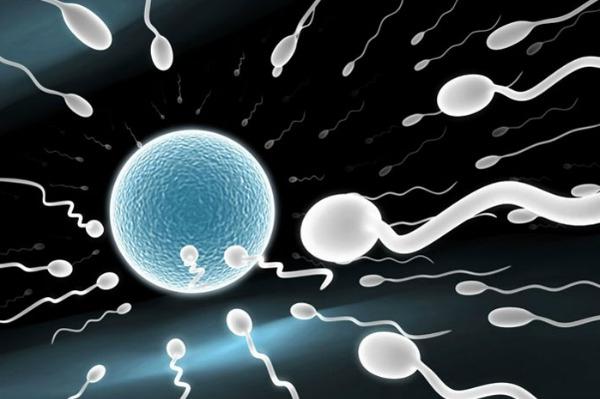Ethyl alcohol has a destructive effect not only on human sex cells, but also on the sex glands themselves. Reproduction problems in men and women who use alcohol are significantly different due to the peculiarities of the formation of germ cells. It is easier for male sex cells to tolerate alcohol intoxication, the genetic code of which, although damaged by the influence of ethyl alcohol, is formed in a man throughout his life. Usually, the process of completely replacing sperm cells with new ones takes up to three months.

However, the main danger of alcohol for a man is not to change the structure of his sex cells, but to damage the sex glands. These organs have a specific blood supply system similar to that in the brain, which is why alcohol dissolved in the blood can linger there for a long time. Because of this, degeneration of sperm precursors and cells that are responsible for the secretion of hormones (testosterone) occurs . Thus, a man who has experienced alcohol intoxication for a long time has a high probability that his germ cells will be produced immediately with certain deviations. In addition, due to a lack of male hormone, its behavior will significantly change, pathologies of the reproductive system, including impotence, will appear.

It would seem that what could be worse than the consequences of alcoholization for the male body? But women have problems associated with the defeat of sex cells and glands by alcohol, which is much worse, not taking into account the fact that female alcoholism develops much faster and is considered incurable. The fact is that female reproductive cells (ovules) do not form during life, as in men, but already at the time of birth they are “stored” until they fully mature and enter the uterine cavity (ovulation). Because of this, even single doses of alcohol can (albeit insignificantly) increase the risk of having an unhealthy baby. But there is hardly a woman who wants to evaluate this probability on herself (even if she does not exceed one percent). If a lady regularly drinks alcohol, then this probability increases many times.
The effect of alcohol on the female reproductive and endocrine system is similar to that described for the male body. The only difference is that in women, the amount of female hormones in the blood decreases with an increase in the concentration of testosterone, which is normally secreted in a woman. Because of this, her appearance changes, masculinization (loss of female traits) occurs and behavior changes. In particular, the behavior of a woman in relation to a child changes, many instincts associated with caring for offspring are lost.
In addition, the reproductive system of a drinking woman is constantly exposed to the destructive power of alcohol, which is why the likelihood of infertility increases sharply, and menopause in such women occurs 15 years earlier than in healthy women.
As for children born to drinking parents, most often they have certain malformations, sometimes reaching deformities. The most common is fetal alcohol syndrome, which manifests itself as a delay in the mental and physical development of the child.